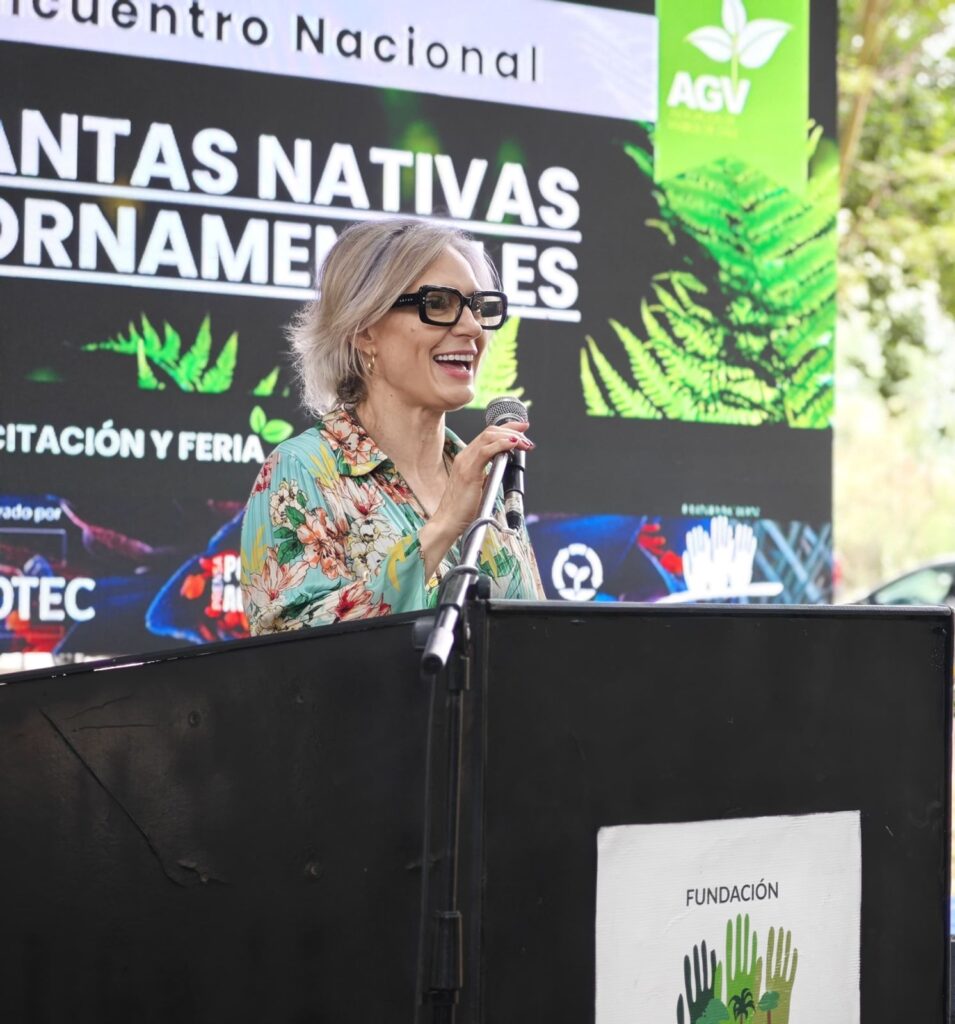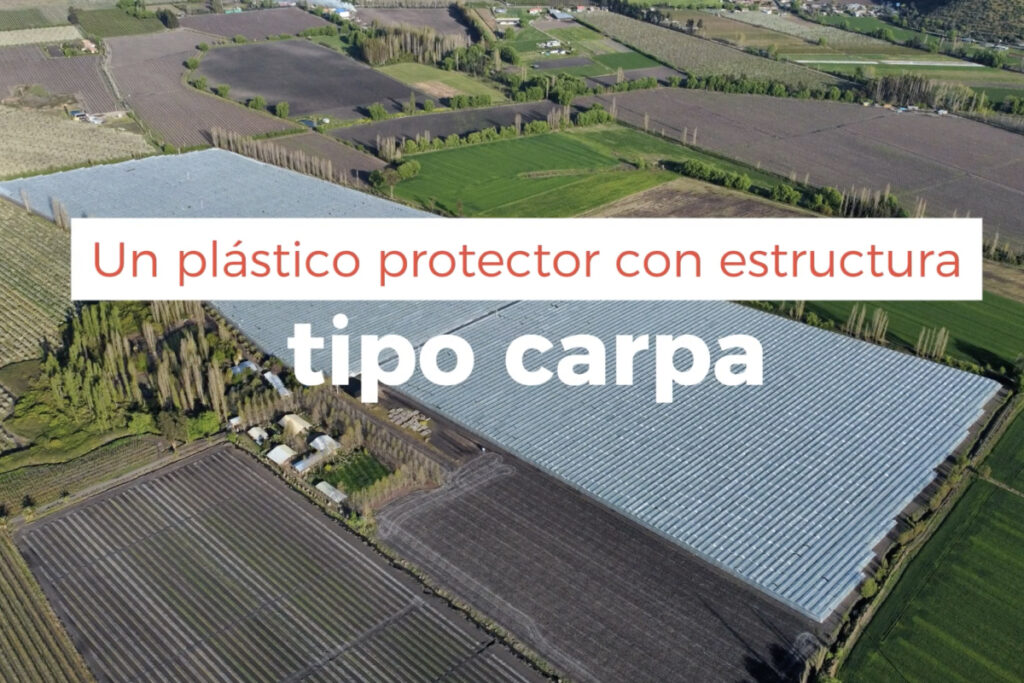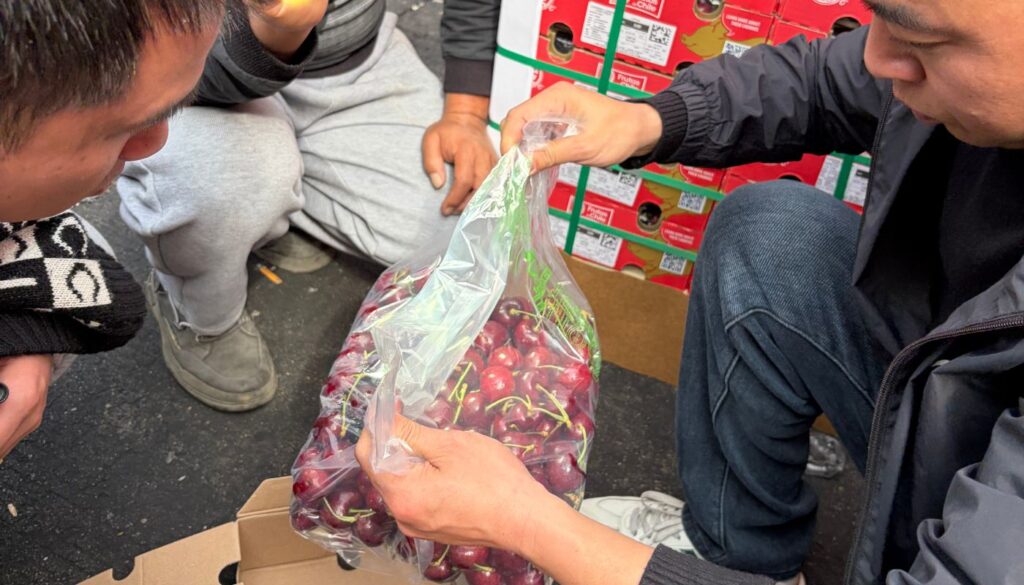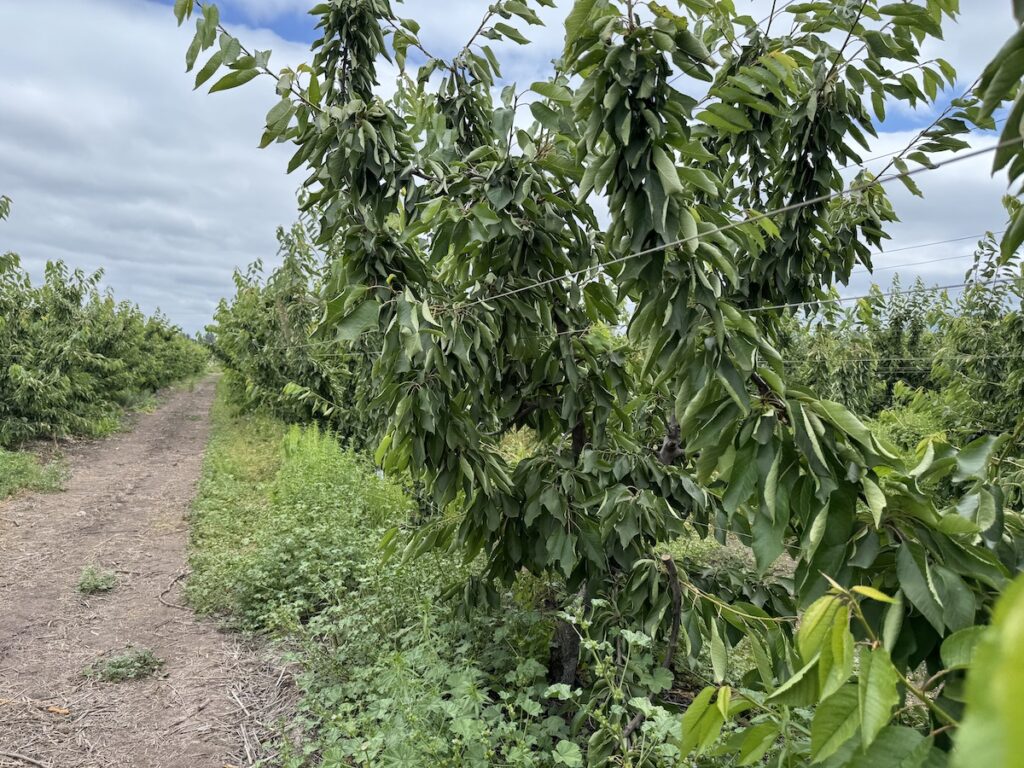QIMA is a global company based in Hong Kong and a leader in the field of quality inspection and auditing, with a presence in more than 85 countries and a team of industry experts, it has positioned itself as a reference in improving the quality and safety of fruit products worldwide.
To ensure this, the company offers a wide range of services, such as inspections, audits, laboratory testing, to help companies ensure that their products meet the highest standards in the determined requirements.
QIMA’s approach is based on the use of cutting-edge technology, such as its online quality management platform, which allows customers to access detailed information on their quality control programs in real time. This enables them to make informed and proactive decisions to improve the quality of their products and reduce risks in their supply chain.
In this regard, Joaquín Prieto, commercial and operations manager for QIMA Latam, referred to an analysis regarding the quality of cherries during the 2022-23 season.
“In this specific case, which we were reviewing in the finished box, we were able to observe a high percentage of bruises, which come from the harvest and also the product of high temperatures, 35-32º in the field, and pulp temperature of 20º, which causes the harvester to take the fruit from the tree with a greater negative effect on its sensitivity. In addition, we also had wounds, a high percentage of rot, but I repeat, this was in the finished box, not at reception, nor during harvest control,” argued the professional.
Another important point that Prieto noted in his analysis and to which he attributes much of the impact on the quality of the product, was the high volumes of cherries produced during the season, which, according to him, possibly affected the fruit that ended up being objected to.
“Although waiting times have improved compared to last season, given the greater number of routes and the greater fluidity of the container stock, we have had very high volumes. Every year there is more fruit and I think we have not adapted to the volume of fruit that there was, mainly because of the waiting times for receiving and processing the fruit. A time that should not be more than 24 hours, but we were able to observe that in some plants that provide packing services, there were waiting times of 72 to 96 hours. So all this fruit that goes through different degrees of temperature, generates problems of condition, since the cold chain is often broken during this time,” said Joaquín Prieto.
QIMA Standard:

Prieto added that “the amount of volume had a direct impact on the quality of the cherry, due to the speed with which the fruit was moved, the cold chain and the control machines, which were not able to cope when observing which defects they could remove and which they could not.”
According to QIMA's operations and sales manager, the most important thing is to be efficient in transporting the fruit from the field to the warehouse and to keep the fruit at an optimal temperature so that it maintains its quality for future seasons.
Finally, Joaquín Prieto emphasized some recommendations for producers and exporters, for better management of the fruit and to prevent it from being affected by the high temperatures that are occurring in the country during the pre- and post-harvest season.
“We have to be prepared and do the work in the field, trace the product, especially the temperature, check the bins that are being harvested, attack the defects beyond the finished product, because the fruit is already packed there. Check the waiting times, from harvest to harvest and from harvest to reception, so that they are as short as possible,” concluded the QIMA representative.









